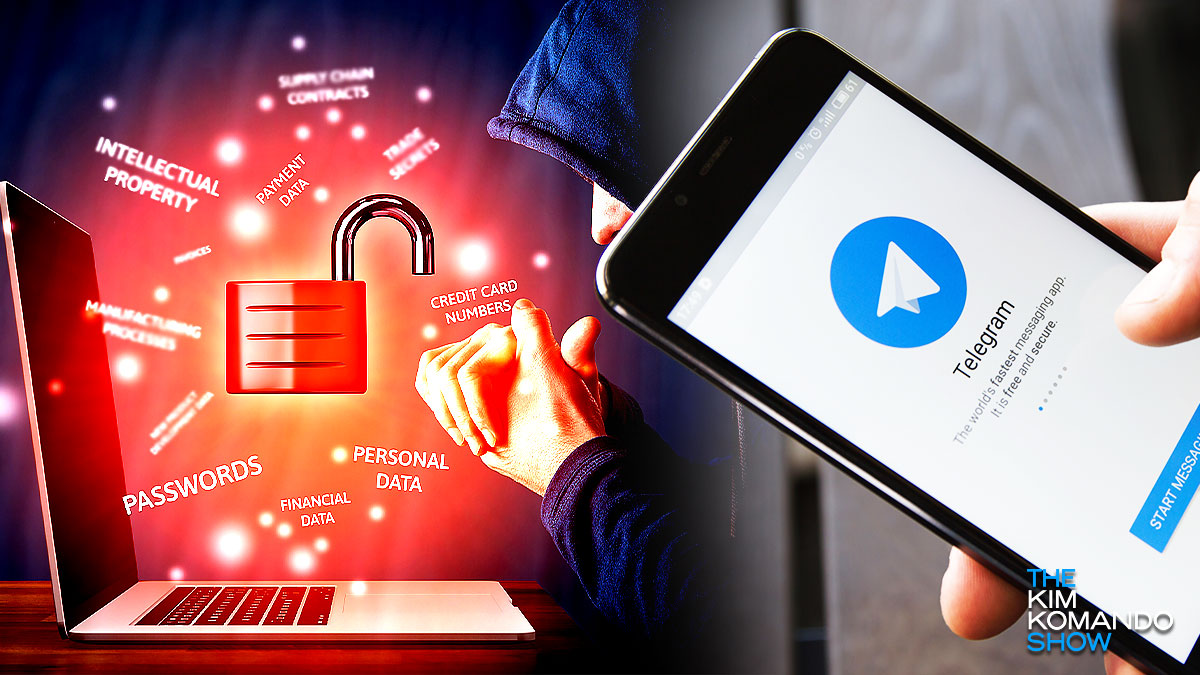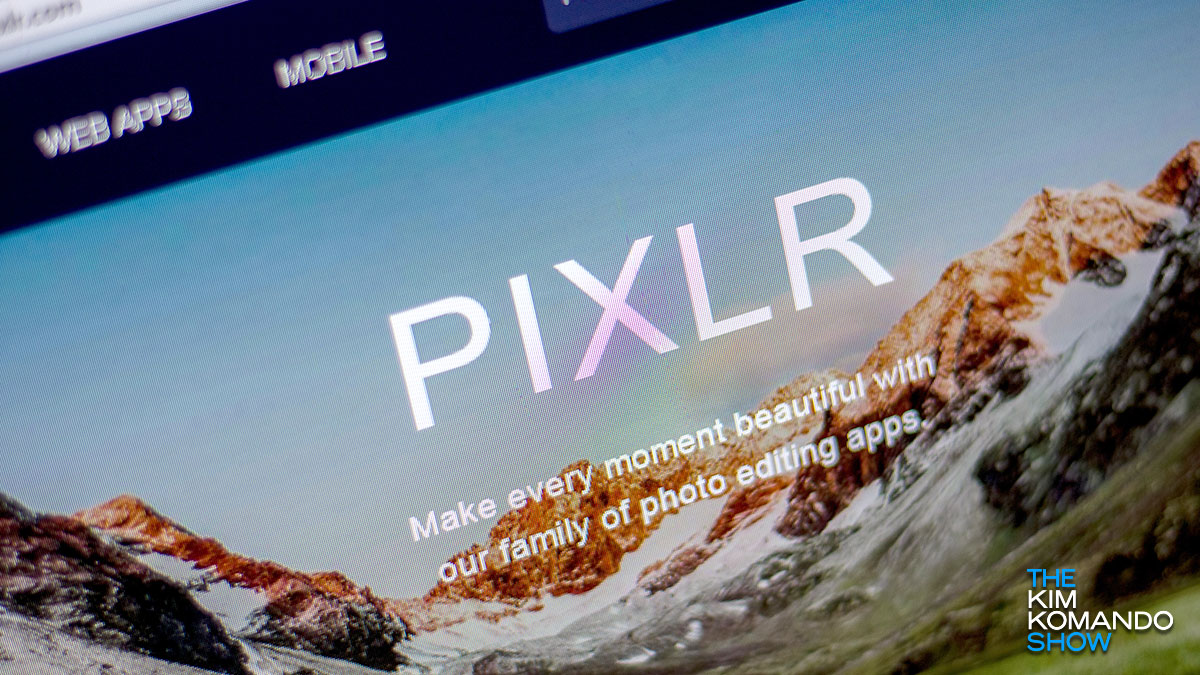PSA: When you use Bluetooth to take a phone call in the car, the sound leaks like crazy. Before you say something really embarrassing while sitting in a parking lot (“Doctor, this rash is all over my …”), turn the volume way down.
Have a Twitter account? Your personal info might be included in this leak

When sites and services get popular, they become enormous targets for cybercriminals. Obviously, that’s because there are more potential victims to exploit.
Even though Twitter is going through a rough patch, it still has millions of users globally. That made the Twitter data breach we reported in July frightening for users. In that breach, at least 5.4 million Twitter users had their data exposed. Tap or click here for more details.
The data was made available for sale on a hacker forum for $30 million and reportedly included the users’ names, phone numbers and email addresses. But things just got worse. A newly discovered batch of data shows that millions more Twitter users’ data is at risk. Keep reading to find out what’s happening.
Here’s the backstory
A flaw in Twitter’s application programming interface (API) let thieves skim millions of Twitter IDs by submitting a number or email to the system. Not only did this put user data at risk, but it can be used to expose users who restricted their profiles.
While Twitter acknowledged the breach of 5.4 million accounts, the actual number might be closer to 7 million. That’s because a batch of 1.4 million more Twitter users’ data has been discovered.
According to Gizmodo, the original data of the 5.4 million users showed up on a hacker forum last week. They noted that the additional 1.4 million from suspended accounts may still spread in private circles.
The uploader of the stolen data claims that the 1.4 million additional records were not supposed to be made public, with many speculating that millions more other records might still be exposed.
What you can do about it
Twitter’s massive reach globally makes a data leak a frightening prospect. With millions of users’ data exposed, it’s an excellent time to take some safety precautions.
Here are a few things you should do following a data breach:
- Immediately change your password or username for the impacted account. This is the best defense against a data leak.
- Beware of phishing emails hitting your inbox. Scammers piggyback on breaches by sending malicious emails to trick you into clicking their links that supposedly have important information. Look for strange URLs, return addresses, and spelling and grammar errors.
- Use unique, complex passwords for every online account that hackers can’t easily guess. If you use the same credentials for multiple accounts and one account suffers a leak, it puts all the other accounts at risk.
- Where offered, use two-factor authentication (2FA). This adds another layer of protection beyond passwords when logging into an account. Tap or click here for more information on using 2FA.
- Change your passwords often, at least once every six months, to minimize the risk of a security breach. You can also check your email address against known database leaks and breaches through haveibeenpwned.com.
- Always have a trusted antivirus program updated and running on all your devices. We recommend our sponsor, TotalAV. Get an annual plan with TotalAV for only $19 at ProtectWithKim.com. That’s over 85% off the regular price!
Records for 21 million VPN users leaked online - Check your data now

Almost everything you search for, sign in to, or look at is trackable when you browse the internet. Your online activity and location logs are most likely kept somewhere, at least by your ISP. Your ISP sees everything you do online. Tap or click here to stop it.
Woman duped out of nearly $1M in gold bars
She says it started with a pop-up on her computer. Relationship expert Amy Chan joins us to talk about online dating and crafting the perfect profile. Plus, a kid’s stink that ruined a family business, the side hustle black market, and a major Life360 data leak.
Don’t park your Kia in the garage: A North Carolina driver barely escaped her Kia after she heard a loud pop, then it burst into flames. The car was among 1.7 million recalled last September. The antilock brake system can leak fluid and cause electrical shorts. Some nine months later, repair parts are still MIA.
Attention Mac and iPhone users - Your browser might be leaking Google search history

Every time you visit a website or search for something in your Safari browser, it keeps a record of your actions. Apple’s Safari browser saves a copy of your browsing history with website cookies. Tap or click here to lock down Chrome, Firefox, Edge and Safari for maximum security.
The upcoming national social media boycott: Everything you need to know

Give up social media for the sake of a good cause. That’s the rallying point behind the upcoming nationwide boycott of Facebook and Instagram. Starting Nov. 10, activists will log out of their social media accounts to protest what they see as Facebook’s destructive role in American life.
China preps to hack the U.S.
The FBI says Chinese gov-backed hackers are waiting to ‘deal a devastating blow.’ Plus, Taylor Swift’s album leaks, Meta’s AI chatbot goes live, and lots of big retailers are shutting down (so long, 99 Cents Only store).
Data leak: Details on billions of Facebook and Clubhouse users shared online

It’s a sad day for folks who use Facebook and Clubhouse. A new data breach could mean your private details are exposed for all the world to see. Researchers say a hacker is trying to sell a database of 3.8 billion phone numbers from both sites for $100,000.
Did you take a COVID test at Walgreens? Records of it were left open online

Millions of people across the country have stood in line for a COVID-19 test. By the last count, over 606 million tests have been conducted. Whatever your results were, if you got a COVID test from Walgreens, there is some bad news. Tap or click here for how to store your COVID vaccine card on your phone.
Half a million VPN passwords leaked - Has your info been compromised?

We all know the dangers of data breaches. When large caches of information are leaked, victims are at risk of many serious issues, including identity theft and other costly and frustrating cybercrime. Tap or click here for details on a recent breach that hit a wireless carrier.
Web app data leaked: 38M records exposed, including vaccination statuses

Do you know how many websites store your personal information? Think about all the accounts you have. Many of them store user information using third-party software and servers. And hackers remain a constant threat of stealing your data.
Use Venmo? This is the biggest privacy update in years

The popular payment app Venmo ran into some trouble not too long ago. A rather controversial option in the app allowed others to see who your contacts are. Even the President of the U.S got caught in the data leak.
The feature was a bit of a social feed of who paid who. If you bounced from one contact to the next, you could eventually find your way to the contact details of influential and well-known people. That is naturally not good for anybody using the app.
Hidden setting in your browser that reveals your hacked passwords
Data leaks can happen at any time. A company could leak your sensitive information by accident or on purpose. Once it’s out there, anyone can put in some work to find it. On the other hand, a data breach is a deliberate attack to steal information.
Webcam videos leaked after accounts left exposed online
Have you ever been the victim of identity theft? If you have had your identity stolen, you know how hard it can be to clean up the mess it leaves behind.
The problem is, it can be a difficult crime to avoid. There are many ways you can end up a victim of identity theft, but one of the most common is via hacks or data leaks that expose your personal information. If these criminals get their hands on your information, you could end up a victim of the worst identity theft scam you’ve never heard of.
Facebook data leak: 500M user phone numbers for sale online

Facebook has a history of betraying its users by not protecting their privacy. That’s why it’s crucial to take matters into your own hands if you choose to stick with the platform. Tap or click here for 10 Facebook privacy and security settings to change.
77 million user records leaked in hack of PDF software - Was your info exposed?

Everyone is at risk of being targeted by cybercriminals. Whether it happens via a text containing a malicious download link or an email with a URL to a dummy site to steal your information, the malicious players on the web are always looking for new victims.
1.9 million records leaked after online photo editor hacked

There are tons of easy-to-use photo editing apps available. Whether you’re looking for a quick glow-up from the Facetune app or need an app that can help you create the perfect image, you’ve got plenty of options.
One of the best free online editors that we’ve recommended in the past is Pixlr. This free photo editor offers a ton of helpful tools. But a recent hack gave cybercriminals access to millions of users’ records, which could lead to some pretty serious issues.
Hacker exposes 99% of Parler messages and posts, including location data

To say Parler has had an eventful week would be the understatement of the year. First, Apple and Google booted it from their app stores. Then, an Amazon subsidiary deactivated the app, so you can’t find it anywhere.
Free TV site leaked millions of user records - check your account now

It’s been three weeks since Pluto TV promised to look into its enormous data leak. Since then, we’ve heard nothing but crickets. The silence is deafening and means you’re not getting any help. You’ve got to protect yourself.
